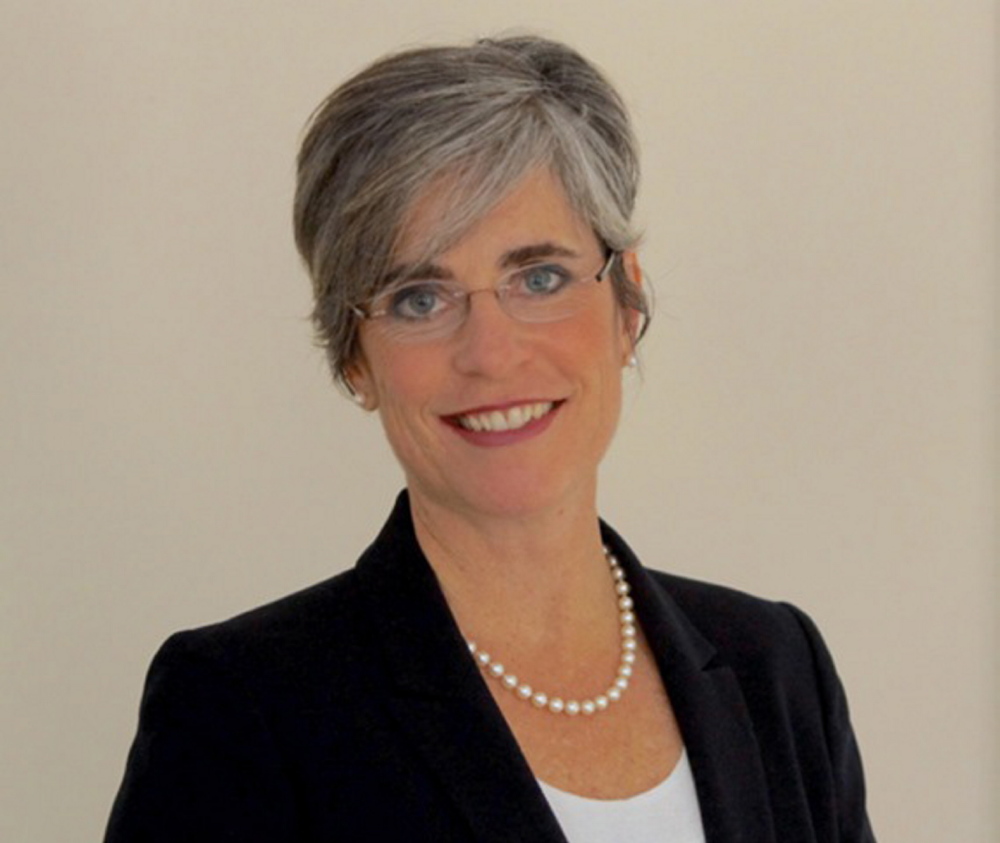AUGUSTA — Lawmakers are moving forward with a plan to funnel $4.8 million in state and federal funds toward comprehensive, medication-assisted treatment for opioid addiction.
The funds would be used to expand the capacity of existing services around the state and provide treatment to an additional 400 individuals, according to figures provided by the Maine Department of Health and Human Services.
The proposal outlined for the Legislature’s budget-writing committee Thursday recommends that the state earmark $2 million for outpatient heroin and opioid treatment for uninsured Mainers plus an additional $1 million to expand treatment access for MaineCare participants. The $3 million in surplus state funds would, in turn, leverage an additional $1.8 million in federal funds for treatment of participants in MaineCare – the state’s Medicaid program – to help address an opioid crisis that killed, on average, one Maine resident per day last year.
The additional funding would not pay for additional beds in residential treatment programs – a dire need in Maine, especially for the uninsured. Instead, the money would finance a new program offering a medical “team-based approach” to treatment that includes primary medical care, counseling, clinical therapy and medication-assisted treatment with methadone or Suboxone.
The initiative emerged from discussions between Republican Gov. Paul LePage and Democratic Senate Minority Leader Troy Jackson of Allagash, who said his caucus wanted part of the state’s budget surplus devoted to the heroin crisis. Negotiating parties had originally discussed leveraging up to $5 million in federal funds by targeting more of the $3 million toward MaineCare participants, but instead directed more of the state funds toward uninsured opioid addicts.
OUTPATIENT PROGRAM MULTIFACETED
The proposal appeared to have strong bipartisan backing Thursday among members of the Legislature’s Appropriations and Financial Affairs Committee and Health and Human Services Committee.
Sen. Cathy Breen, the Falmouth Democrat sponsoring the proposal, called the allocation “a small step” that certainly won’t solve the state’s growing opioid addiction crisis. But Breen said it was important to provide additional emergency resources to the crisis.
“It will provide targeted medical care to those who most desperately need it,” Breen said.
DHHS Commissioner Mary Mayhew said the outpatient treatment program would take a multifaceted approach – expanding access to addiction treatment and providing access to high-quality, coordinated medical care. The department would spread the services to areas of the state where treatment services are needed. DHHS will also begin accepting applications later this spring from health care providers to participate in the program.
Mayhew estimated that the program could be operating by mid-summer or August.
“The use of these dollars would be to help support this innovative model,” Mayhew said. “We need to continue to look at ways in which to support a treatment environment that keeps individuals in treatment and allows them to benefit from improved outcomes, sustained sobriety (and) recovery. There are just a handful of states that are moving in this direction.”
REDUCING TREATMENT WAITING LIST
The money is included in a supplemental budget for the current fiscal year ending June 30. The Legislature’s Appropriations and Financial Affairs Committee is expected to vote Friday on the supplemental budget.
Like many states nationwide, Maine is in the midst of a worsening drug crisis stemming from the overprescribing of addictive painkillers followed by a steady supply of cheap but deadly illegal opiates. Maine reported a record 378 drug overdose deaths in 2016, up from 272 in 2015. Heroin, fentanyl and prescription opioids accounted for 313 of the 378 deaths last year, according to statistics from the Maine Attorney General’s Office.
The LePage administration has clashed with lawmakers in the past about the best way to approach the crisis. If approved by the full Legislature, the additional $3 million would build on $2.4 million announced by DHHS in December to create 359 slots for the uninsured in medication-assisted treatment programs.
According to DHHS, 8,627 Mainers received medication-assisted treatment in fiscal year 2016. Maine currently has 234 individuals on a wait list for medication-assisted treatment, although substance abuse professionals say the actual figure is likely much higher. The $3 million would provide an additional 170 “slots” in medication-assisted programs, coupled with primary care and counseling, for those on the wait list, Mayhew said.
Kevin Miller can be contacted at 791-6312 or at:
Twitter: KevinMillerPPH
Send questions/comments to the editors.




Success. Please wait for the page to reload. If the page does not reload within 5 seconds, please refresh the page.
Enter your email and password to access comments.
Hi, to comment on stories you must . This profile is in addition to your subscription and website login.
Already have a commenting profile? .
Invalid username/password.
Please check your email to confirm and complete your registration.
Only subscribers are eligible to post comments. Please subscribe or login first for digital access. Here’s why.
Use the form below to reset your password. When you've submitted your account email, we will send an email with a reset code.